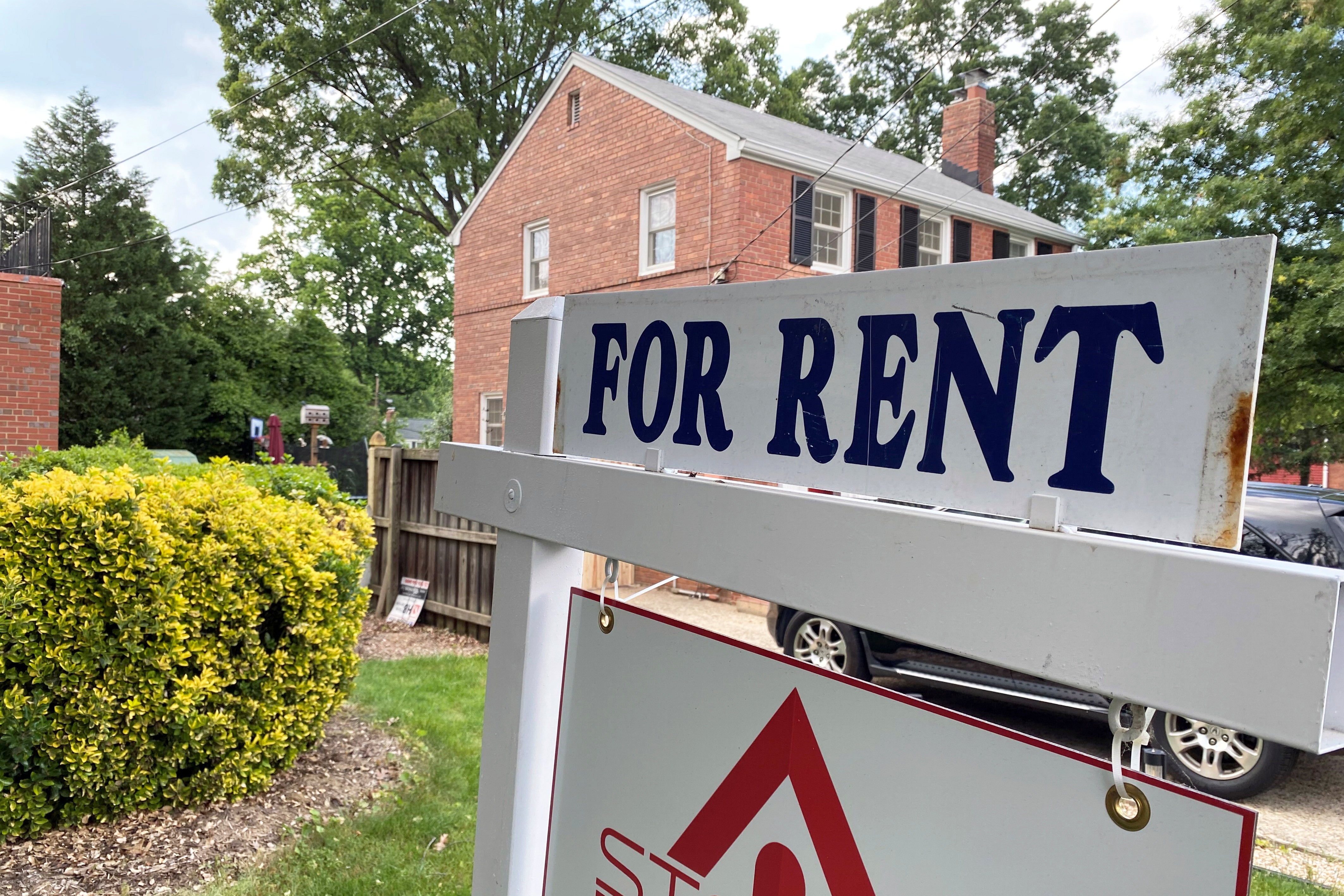Here’s the hourly wage you need to make to afford a two-bedroom apartment in every state
No full-time worker earning minimum wage can afford a modest two-bedroom apartment anywhere in the US

No person working a full-time job earning minimum wage can afford a modest two-bedroom apartment anywhere in the US, according to a new report that illustrates the gulf between Americans’ income and the rising costs of housing.
The report, from the National Low Income Housing Coalition, found that there is not a single state, county or city anywhere in the country where a person working 40 hours a week on minimum wage can afford rent for a two-bedroom property.
An hourly “housing wage” – what Americans would need to earn to afford a fair-market rental and utilities without spending more than 30 per cent of their income – would need be set at $24.90 for a modest two-bedroom rental home and $20.40 per hour for a modest one-bedroom rental home, according to the report.
That marks a slight increase from its 2020 findings, which set a minimum “housing wage” at $23.96 an hour to afford a two-bedroom home and $19.56 an hour for a one-bedroom home.
More than 7.7 million extremely low-income renters spend more than half of their limited incomes on housing costs, or live in severely inadequate housing, or both.
The federal hourly minimum has been set at $7.25 since 2009.
Seven states and Washington DC have passed legislation to raise their minimum wages to $15, but $7.25 an hour remains the minimum wage in 21 other states.
Alabama, Louisiana, Mississippi, New Hampshire, South Carolina and Tennessee do not have a state-set minimum wage, instead relying on the federal rate. Georgia and Wyoming have set their minimum to just $5.15, lower than the federal rate, which applies instead.
If adjusted for inflation, the minimum wage should have already exceeded $15, according to the Economic Policy Institute.
The group has reported that the minimum wage would have been set at $21.69 in 2020 and $23.53 by 2025 if it kept pace with economic gains; instead, $7.25 is worth 30 per cent less than was 50 years ago.
An average minimum-wage worker would need to work nearly 97 hours per week – or more than two full-time jobs – to afford a two-bedroom home, and 79 hours per week to afford a one-bedroom rental home at the fair market rent, according to the NLIHC report.
The report arrives as a federal moratorium on evictions under the US Centers for Disease Control and Prevention during the coronavirus pandemic is set to expire at the end of July, while state and local governments have struggled to provide relief to renters behind on payments despite billions of dollars in federal aid.
Affordable housing advocates and analysts have warned that a displacement and eviction crisis could follow.
Join our commenting forum
Join thought-provoking conversations, follow other Independent readers and see their replies
Comments
Bookmark popover
Removed from bookmarks